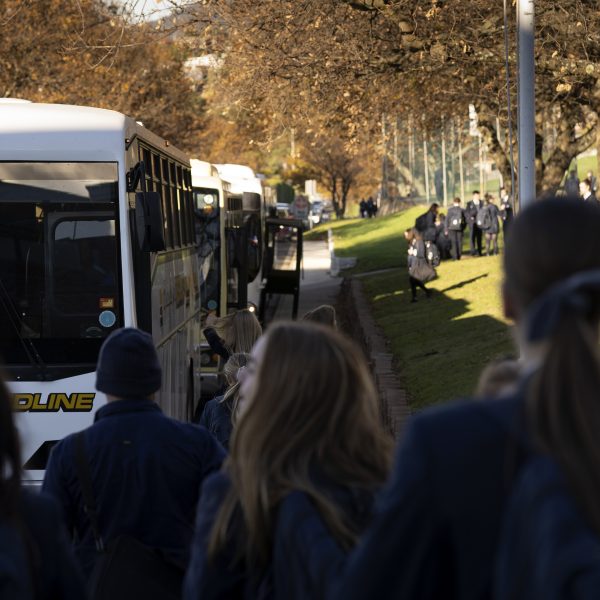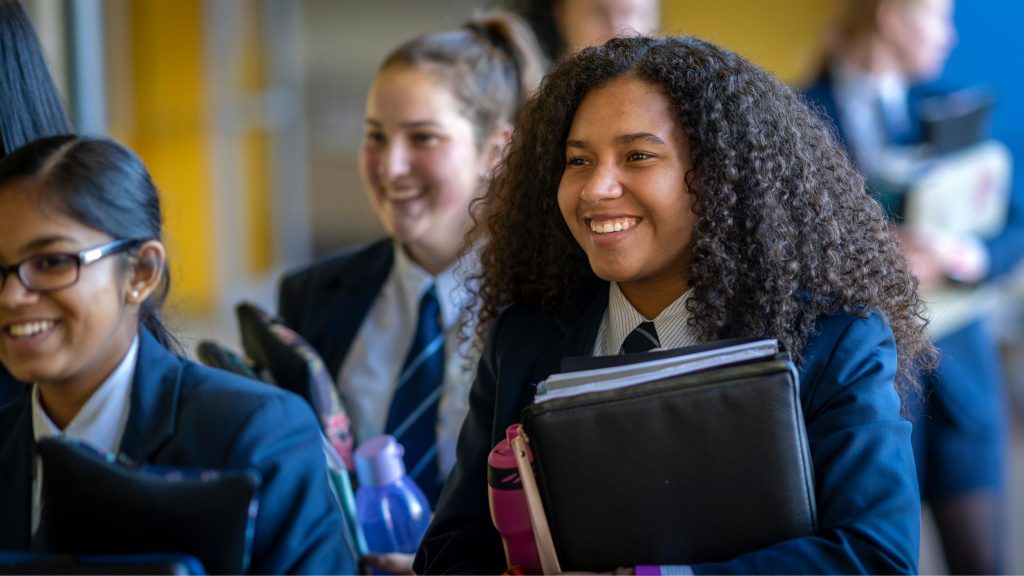What will school be doing to support returning students?
School provides predictable daily routines and boundaries, which are all important factors for preventing and managing mental health challenges. When students return to school, we will be working to keep these routines and expectations as consistent as possible, to how they looked before Learning@Home commenced. Therefore, providing a sense of comfort to students and removing the need for young people and their families to impose their own routines.
Another strategy that is known to reduce feelings of anxiety and one that has and will continue to be a focus at Marist, is providing clear communication. As a school community we have tried to provide regular updates and information about COVID-19 and what this means for our students. This will continue to occur moving forward and we ask that you too focus on communication. Please contact your teenager’s teacher or Year Level Coordinator with any concerns about returning to school.
Our teaching staff are planning for students to return and are committed to supporting their ongoing learning and academic needs. In addition to this, we will focus on student wellbeing, by continuing to look out for one another and having regular conversations about how we are finding the return. Our Pastoral Care and Wellbeing Teams will also be available to provide more targeted support as needed.
A Final Thought:
It is also important to take the time to reflect on this experience and consider all the good that has come out of these uncertain times. I for one, have appreciated slowing down, playing board games with my family, and making time to read and cook. I am pleased that society has been forced to use technology to become more efficient. I have loved seeing the acts of kindness occurring within my immediate network and wider community, and I am proud of the way our students have developed independence and confidence as they have had to take more ownership of their learning.
I encourage you all to take some time to reflect on this experience, (the good and the bad). By asking yourself:
“What have you been grateful for?” “What have you learnt?” “What have you enjoyed?” “What have you found to be the most challenging?” “What are you most looking forward to in the future?” “What will you be more mindful of continuing in the future?”
Here at Marist Regional College, we are excited to welcome back our students and feel blessed to be able to continue to support them in all the ways that we love. As with this entire COVID-19 journey, we are creating a new normal and we encourage you to join us on this journey – day by day.
Miss Nicole Young, College Psychologist



